2003-04-10 10:05
Air cargoes to international lines to incur bunker surcharge
Flight freight to China, Japan, the Americas, and Europe will rise by 7~8%.
Ticket prices for flights departing from South Korea will increase this month while airlines will be allowed to adopt a flexible rate system for their freight services, the Ministry of Construction and Transportation announced.
The Ministry of Construction and Transportation announced on April 1 that they will apply surcharges to passenger and cargo fares for all departing international flights starting on the April 16.
The ministry also adopted a fuel surcharge system that permits airline freight service providers to modify prices in accordance with oil price fluctuations.
If the average price of oil exceeds $0.70 per gallon (or $29.4 per barrel) in one month, airlines may charge an extra $0.05 per kilogram of cargo for one month to make up for losses stemming from increased operation costs. The additional surcharges may reach up to a maximum of $0.20 per kilogram if the average price of oil hits $1.00 per gallon.
Airfreight service providers will charge customers an extra $0.10 per kilogram starting April 16, because the average price of oil stood at $0.80 in March.
Airfare will increase by an average of 2.9 percent starting April 16 while round-trip fares to Japan and China will increase by 30,000 won and 28,000 won respectively. For flights to the United States, only fares for first-class and business-class seats will increase by 300,000 won and 200,000 won respectively. The price for economy class will remain the same.
First-class fares to Japan will go up by 6.6 percent, and business fares by 6.8 percent. Fares for economy class to Japan will rise 5.3 percent. Fares in all classes to mainland China will rise by 4.9 percent. Coach fares to west coast cities in the United States will not change, but first and business classes will both rise by 5.5 percent.
Increased fares will only affect tickets bought after April 16, while those purchased before then can be used with no additional charges regardless of when they fly out of Korea.
The price hikes came due to increased oil prices caused by the ongoing war in Iraq, the depreciation of the Korean won against the U.S. dollar and the outbreak of SARS in South East Asia, according to Park Jong-hum, the director in charge of the International Aviation Division of the ministry.
National export traders who use Inchon Airport will also suffer additional expenses due to toll fees going up by 4.6 percent.
Ticket prices for flights departing from South Korea will increase this month while airlines will be allowed to adopt a flexible rate system for their freight services, the Ministry of Construction and Transportation announced.
The Ministry of Construction and Transportation announced on April 1 that they will apply surcharges to passenger and cargo fares for all departing international flights starting on the April 16.
The ministry also adopted a fuel surcharge system that permits airline freight service providers to modify prices in accordance with oil price fluctuations.
If the average price of oil exceeds $0.70 per gallon (or $29.4 per barrel) in one month, airlines may charge an extra $0.05 per kilogram of cargo for one month to make up for losses stemming from increased operation costs. The additional surcharges may reach up to a maximum of $0.20 per kilogram if the average price of oil hits $1.00 per gallon.
Airfreight service providers will charge customers an extra $0.10 per kilogram starting April 16, because the average price of oil stood at $0.80 in March.
Airfare will increase by an average of 2.9 percent starting April 16 while round-trip fares to Japan and China will increase by 30,000 won and 28,000 won respectively. For flights to the United States, only fares for first-class and business-class seats will increase by 300,000 won and 200,000 won respectively. The price for economy class will remain the same.
First-class fares to Japan will go up by 6.6 percent, and business fares by 6.8 percent. Fares for economy class to Japan will rise 5.3 percent. Fares in all classes to mainland China will rise by 4.9 percent. Coach fares to west coast cities in the United States will not change, but first and business classes will both rise by 5.5 percent.
Increased fares will only affect tickets bought after April 16, while those purchased before then can be used with no additional charges regardless of when they fly out of Korea.
The price hikes came due to increased oil prices caused by the ongoing war in Iraq, the depreciation of the Korean won against the U.S. dollar and the outbreak of SARS in South East Asia, according to Park Jong-hum, the director in charge of the International Aviation Division of the ministry.
National export traders who use Inchon Airport will also suffer additional expenses due to toll fees going up by 4.6 percent.
많이 본 기사
- 국제물류업계, 광양항 마지막 배후단지 활용법 모색한다‘일상이 된 물류시장 불확실성’, AI·친환경이 돌파구‘고환율·저운임’ 글로벌 물류기업 일제히 부진한 실적 신고‘수요 둔화 지속’ 컨운임지수 한주만에 1300선으로 후퇴DHL, 중동 두바이에 차세대 물류허브 개소한국해양대, 장금상선등 해운사와 해양인재 양성방안 모색해운협회, 부산항도선사회와 CCTV 활용 안전도선 업무협약KMI, 우리나라와 북극권국가 협력 방안 모색2028년 유엔 해양총회 한국 유치 확정벌크선시장, 급등 이후 조정 '속도 조절 들어가나'
- 전재수 해수부 장관 사의…“해양수도권 차질없이 육성되길”쿠팡 박대준 대표이사 사임…“개인정보 유출 책임 통감”日 ONE 운항 9100TEU급 컨선 화재…공동해손 선언윌로그, 벤처창업진흥유공 대통령 표창 수상아시아나IDT, 산업안전세미나 개최…‘플랜투두’ 확산 전략 공유아로아랩스, 중기부 창업지원프로그램 선정…연구개발 자금 확보부음/ 해운조합 최종진 본부장 빙모상조선기자재硏·이마린·그린에너지솔루션, 친환경선박 배출수 기술개발...경운대, 국제항공운송협회와 대학 최초 교육협약 체결인천항만공사, 전기차 화재대응 안전역량 강화 나선다





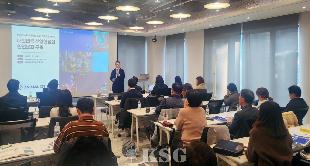



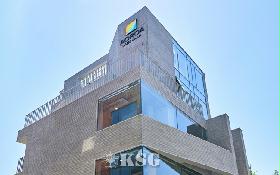
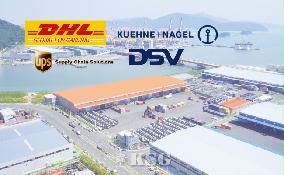

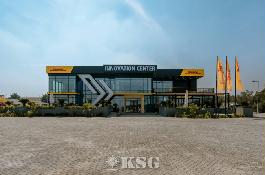
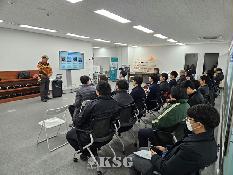


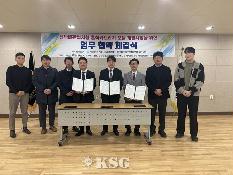

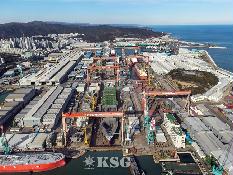
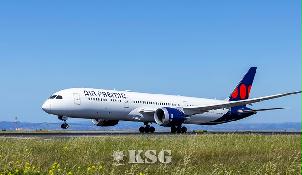
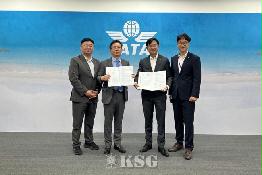

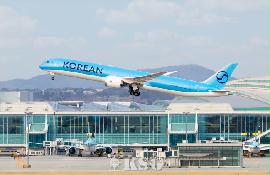


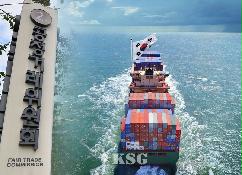
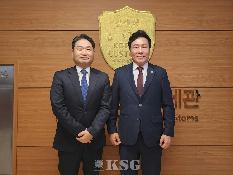

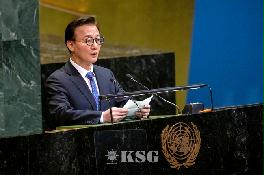
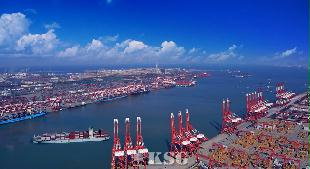
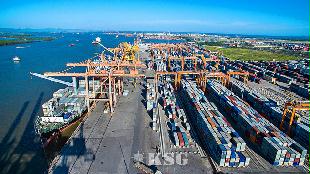
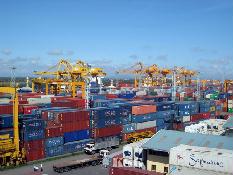






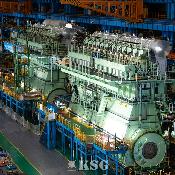
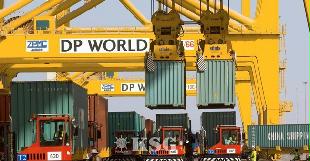

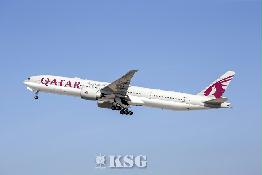





















0/250
확인